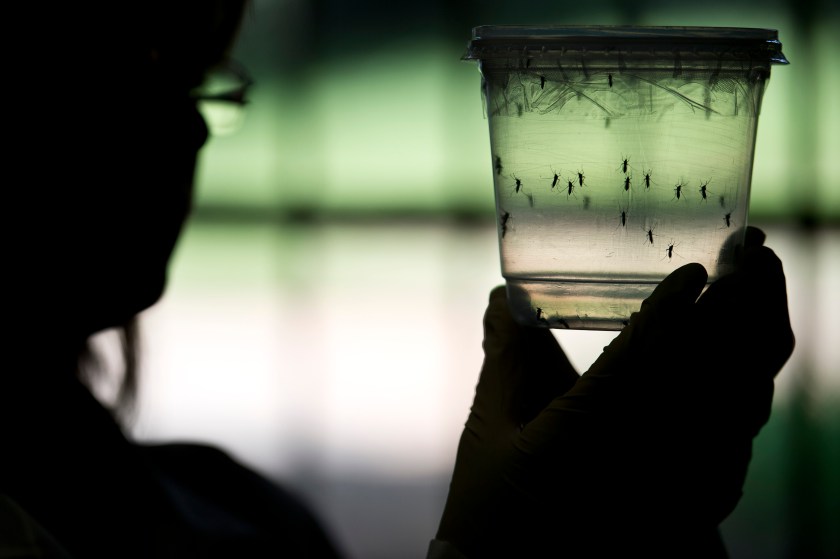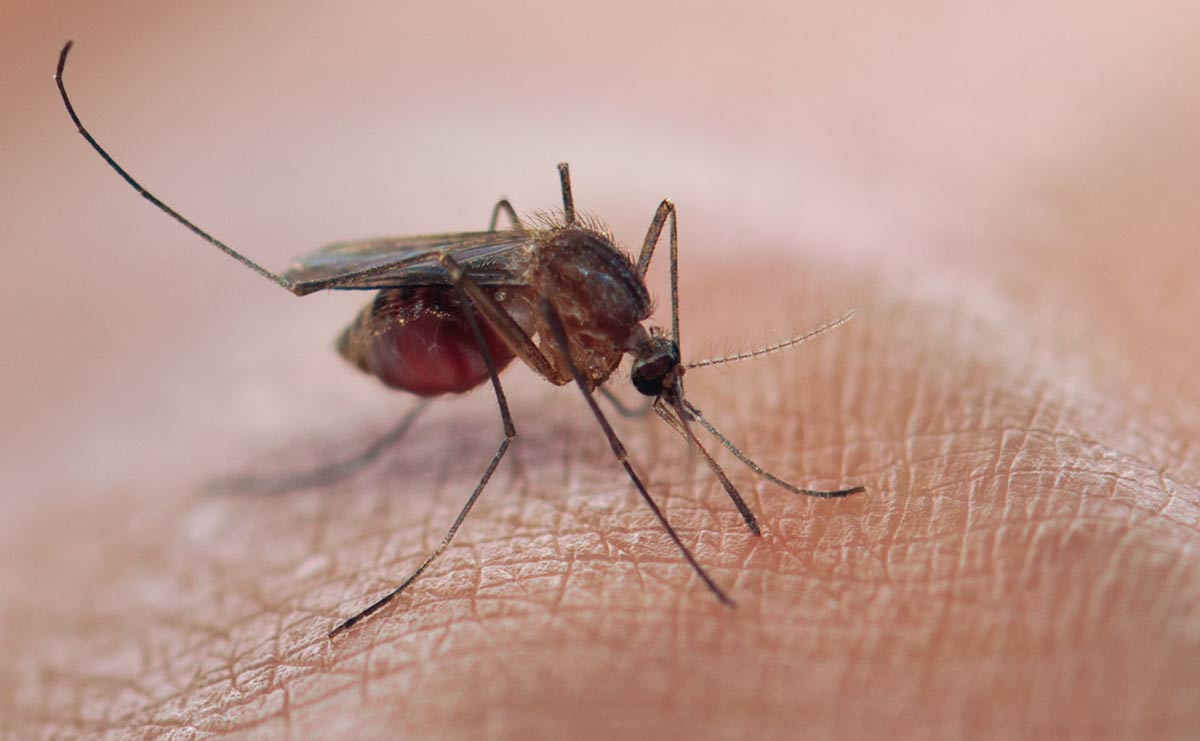
A new tool that allows scientists to modify genes in living organisms may give them a way to finally eradicate malaria. Despite its relative absence in the developed world, the mosquito-borne disease still kills half a million people each year. Though the use of a gene-editing tool like Crispr-Cas9 is highly controversial, it’s one of many avenues being pursued by Harvard’s School of Public Health researchers to bring an end to malaria. Jonathan Shaw explores a world with such a tool:
“Crispr-Cas9 could be used to create a gene-editing tool that could propagate beneficial traits through wild populations of any organism. Malaria could be eliminated. Mosquitoes could be wiped out in places like Hawaii, where they weren’t native and are spreading avian diseases, driving certain birds to ever-higher altitudes—and to the brink of extinction. Invasive plants could be tamed, corals modified to resist bleaching caused by warming seas. The possibilities seemed endless.”
To learn more about the fight to end malaria, read Shaw’s story in Harvard Magazine here. Learn more about Crispr-Cas9 in the video below.
This article was featured in the InsideHook newsletter. Sign up now.
























